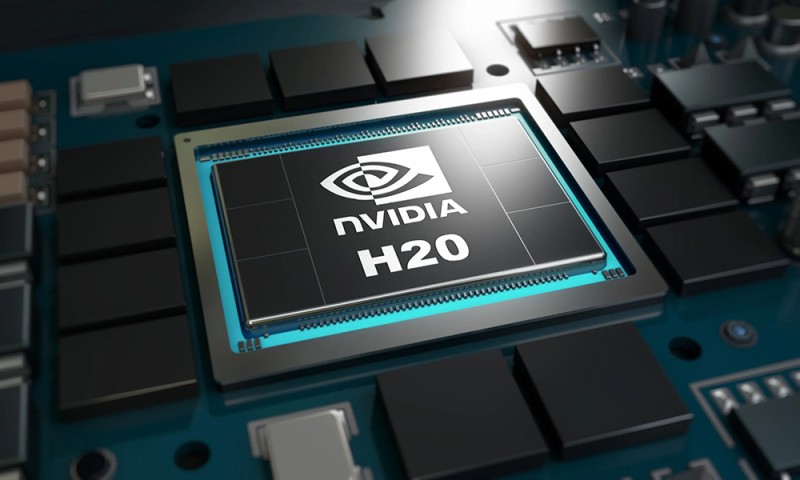
据一位知情人士透露,英伟达和超微半导体公司(Advanced Micro Devices Inc.,简称AMD)已同意将各自对华芯片销售收入的15%上缴美国政府,作为与特朗普政府达成的协议的一部分,旨在获取出口许可。这位因讨论内部事务而要求匿名的人士补充称,英伟达计划将其H20芯片对华销售收入的15%上缴,AMD则将按同等比例上缴其MI308芯片收入。《金融时报》此前已报道了这一进展。
此前《金融时报》另一则报道披露,在英伟达首席执行官黄仁勋(Jensen Huang)与美国总统唐纳德·特朗普会面仅两天后,美国商务部上周五开始签发H20芯片出口许可。
今年早些时候,随着全球最大的两个经济体之间贸易紧张局势升级,特朗普政府叫停了部分先进芯片对华销售。
英伟达发言人表示,公司遵守美国出口规定,并补充称,尽管数月以来未曾向中国出口H20芯片,但仍希望相关规定能允许美国企业在华参与竞争。AMD尚未立即回应置评请求。(*)
译者:中慧言-王芳
据一位知情人士透露,英伟达和超微半导体公司(Advanced Micro Devices Inc.,简称AMD)已同意将各自对华芯片销售收入的15%上缴美国政府,作为与特朗普政府达成的协议的一部分,旨在获取出口许可。这位因讨论内部事务而要求匿名的人士补充称,英伟达计划将其H20芯片对华销售收入的15%上缴,AMD则将按同等比例上缴其MI308芯片收入。《金融时报》此前已报道了这一进展。
此前《金融时报》另一则报道披露,在英伟达首席执行官黄仁勋(Jensen Huang)与美国总统唐纳德·特朗普会面仅两天后,美国商务部上周五开始签发H20芯片出口许可。
今年早些时候,随着全球最大的两个经济体之间贸易紧张局势升级,特朗普政府叫停了部分先进芯片对华销售。
英伟达发言人表示,公司遵守美国出口规定,并补充称,尽管数月以来未曾向中国出口H20芯片,但仍希望相关规定能允许美国企业在华参与竞争。AMD尚未立即回应置评请求。(*)
译者:中慧言-王芳
Nvidia Corp. and Advanced Micro Devices Inc. agreed to pay 15% of their revenues from chip sales to China to the US government as part of a deal with the Trump administration to secure export licenses, according to a person familiar with the matter. Nvidia plans to share 15% of the revenue from sales of its H20 chip in China and AMD will deliver the same share from MI308 revenues, added the person, who asked for anonymity to discuss internal deliberations. The Financial Times earlier reported the development.
It followed a separate report from the Financial Times that the US Commerce Department started issuing H20 licenses on Friday, two days after Nvidia Chief Executive Officer Jensen Huang met President Donald Trump.
The Trump administration had frozen the sale of some advanced chips to China earlier this year as trade tensions spiked between the world’s two largest economies.
An Nvidia spokesperson said the company follows US export rules, adding that while it hasn’t shipped H20 chips to China for months, it hopes the rules will allow US companies to compete in China. AMD didn’t immediately respond to a request for comment.

